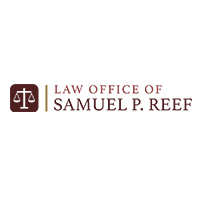 South Walpole Bankruptcy & Debt Lawyers, Massachusetts
South Walpole Bankruptcy & Debt Lawyers, Massachusetts
Sponsored Lawyers
1-4 of 4 matches
77 Pond Street
Sharon, MA 02067
Car Accident, Bankruptcy, Divorce, DUI-DWI
Samuel Reef is a practicing lawyer in the state of Massachusetts. He received his J.D. from Suffolk University Law School in 1994. He currently works for his privately owned firm of Law Office of Samuel P. Reef.
(more)
Real Estate, Civil Rights, Contract, Administrative Law, Bankruptcy & Debt





